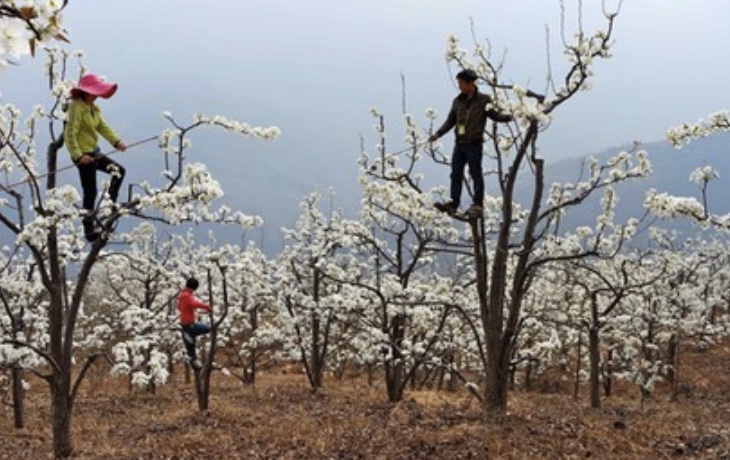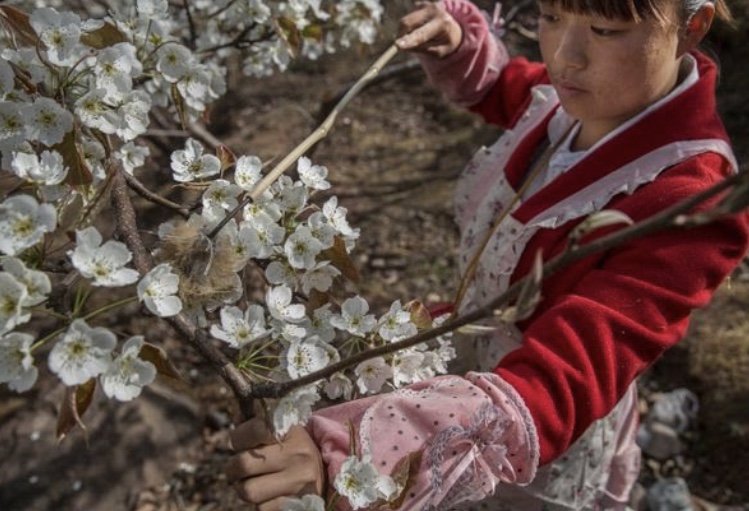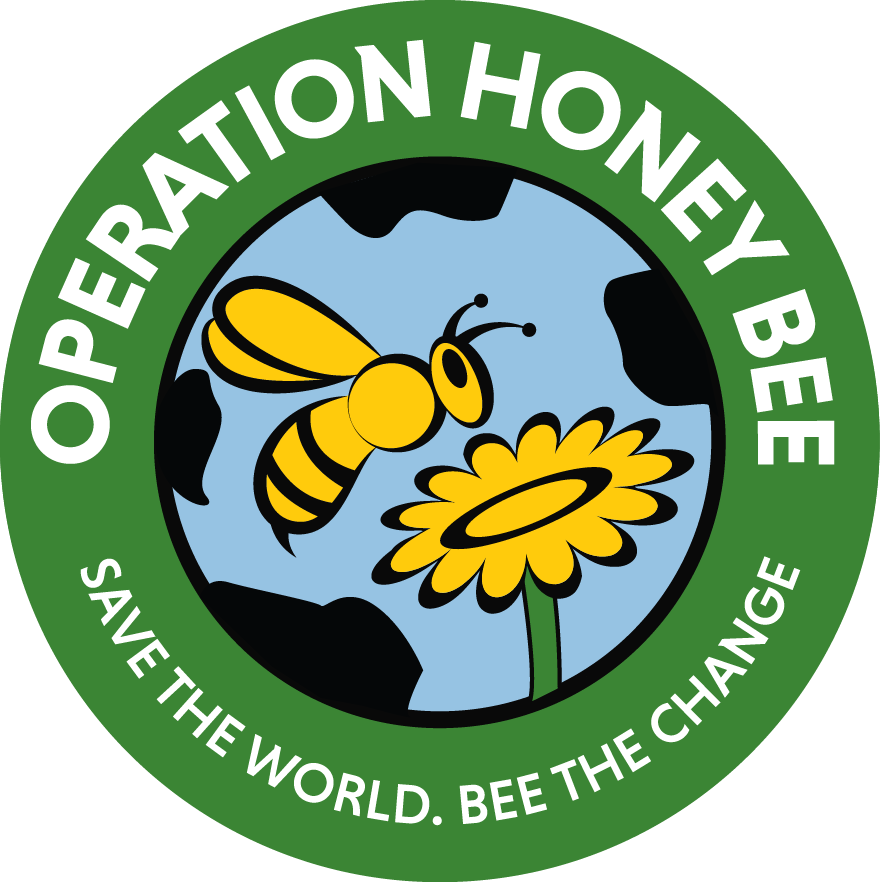Blog
Recent Posts
Respecting Pollinators and Being Grateful
Posted by on

Dear fellow tribe, I come today from a place of inspiration, and more so this morning than other days. For starters I just off a 5 day fast this morning, no food, no water, and its given me a high level of clarity. The first thing I had this morning to break my fast was fresh limes and lemons in water. If you could imagine the pure appreciation I had towards these beautiful nourishing fruits. I'm so thankful and gratefulness not only for the fruits that truly sustain the body, but the pollinators that allowed them to be here!
Last week at the largest bee society annual meeting, the EAS, Eastern Apiary Society, I got to meet lots of people that knew the truth about the symbiotic relationship between nature and ourselves. Its a smaller non-mainstream group of people, but they truly know from experience about the relationship. That all people, as beekeepers, as stewards of the earth, brothers and sisters exactly what we are trying to accomplish and create in this precious life we have. It was truly a remarkable event.
Which brings me to a story of a lady I randomly met while walking in. She had been a 20+ year beekeeper, and her story of why she became a beekeeper is very noteworthy. She had become a beekeeper because long ago she was given apple trees on some land, the apple trees were large trees, and when she purchased the house the trees were on of the major attractions that lead her to purchase. Fast forward five years later, after she bought the house, still had no apples and didn't understand why! It wasn't until one day she was talking to a random beekeeper that diagnosed her problem in minutes. "No Bees! You need to get bees if you want apples!"
That was the moment when the she became a beekeeper, at least at that moment tried to be a beekeeper. To this day she cares about bees and has been a beekeeper every since. In year she became a beekeeper, guess what happened? She had a tree full of apples! A delicate balance.
The point made today is that we must respect all pollinators.
Here is another personal story. In China on my 2014 trip, one of the practices implemented because of the severe pesticide usage in this specific area was the practice of hand pollination of trees. Can you imagine? A society that needed food to sustain life, that had either become greedy to shut down any other insects eating the fruit. Whether they realized it or not, they abused nature so much that they destroyed the bees and other pollinators, it was disastrous because they destroyed their food supply! In China they can receive average results with pollination by hand, but it is extremely time consuming without any amazing results. Nature created it best, its not for humans to tamper with, only to sustain and make better.
The pollination practice includes, first to gather pollen in a plastic bag. They then use a feather duster to use that pollen to pollinate other flowers and trees. They use sticks and ladders to try to get every flower. IF they are lucky they will get the flower to pollinate.


My purpose of sharing this information is to open your mind by respecting pollinators and nature. We are currently living in a time where this truly has become an issue. Commercial beekeeping is one of the last ways that our main pollinator for commercial crops can survive. Most other major pollinators could never do the job satisfactory, as native bees are on the brink of extinction. As I write this today some species may have already become extinct.
This keeps food available for the time being. As an organization we know that all pollinators are extremely important. We need diversity, we also need crop optimization, as our world is expected to hit 10 billion in just a few years. WE MUST do a much better job at sustaining and repopulating other pollinators before they are all gone and this is our only choice. Beekeeping has been there since the beginning of time, as one of the foundations to any city or society! No matter the ancient culture, bees along with cows are the foundation to society so that their citizens can sustain and grow. Today these animals are a few among many that are being mistreated commercially. On top of all the issues insects in the wild are in decline.
Going back to our goals and mission within our non profit, we governed by one of the best created non profit governance every created. We had chosen this path to ensure that we will make a difference.
Mission:
Connecting communities of the world, to spread awareness, educate and lead the sustainable movement that will preserve bees and other pollinators for future generations.
Mantra:
Create a cultural transformation that will revolutionize sustainability practices to preserve bee and pollinator populations.
Principles:
- Practice Kindness - Be of Service & Empower Others.
- Practice Patience – Continually Progress & Grow Through Trials.
- Serve the Community – Cherish Small Acts That Serve a Higher Idea.
- Impact Others - Live with Integrity, Truth, Values, & Non Violence.
- Practice Sustainability – Care For Nature & The World Around You.
- Lead by Example - Be The Change You Wish To See In The World
Purpose:
- Connection – Align Through Similarities, Not Differences.
- Community – Help Build a Stronger Community.
- Communication – Assist in Educating, Teaching, & Learning.
- Co – Creation – Realize Our Collective Creative Purpose.
- Consciousness – Acknowledge Your Purpose.
- Choice – Deciding to Make a Difference.
If these mission statements align with you. Know that you have a non profit that wants to help you make a difference in the world. Together we will and are making a big difference. Please contact us on our website. We will share with you the many division of that might be a good fit :).
Truly Yours,
John Baxter

Are We Witnessing The Extinction Of Bees?
Sign the FARM BILL PETITION TO SAVE THE ENDANGERED BEES! https://petitions.moveon.org/sign/please-help-save...It’s official. As tragically revealing as the move might be, the rusty patched bumble bee has now joined the grizzly bear, gray wolf, northern spotted owl, and some 700 others on the endangered species list — the first bee ever to garner those protections in the [...]
Raw Honey Versus Commercial Honey by Dr Axe - Operation Honey Bee
http://www.operationhoneybee.com/two-12-oz-jars-pure-raw-honey-free-shipping/According to Dr. Ron Fessenden, M.D., M.P.H. the average American consumes more than 150 pounds of refined sugar, plus an additional 62 pounds of high fructose corn syrup every year. In comparison, we consume only around 1.3 pounds of honey per year on average in the U.S. (2) According to new research, if you can switch [...]
 Loading... Please wait...
Loading... Please wait...
